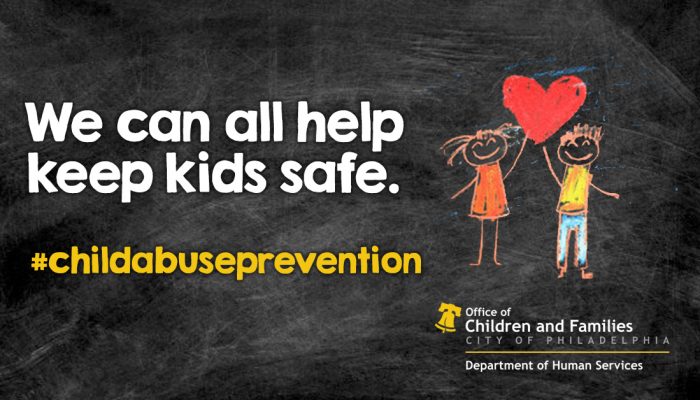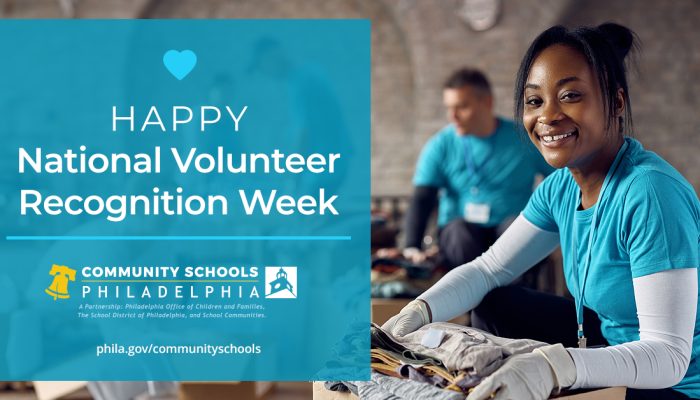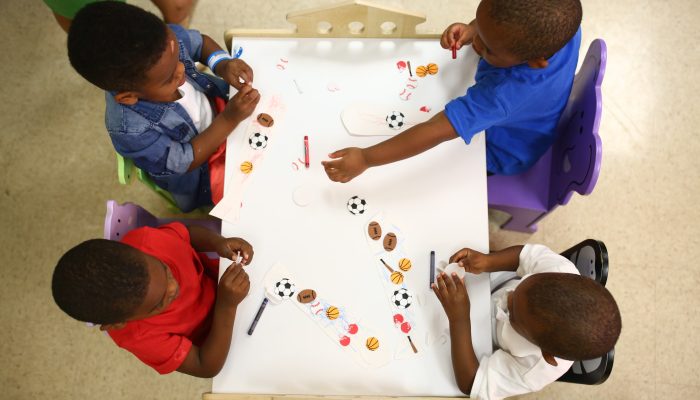We can all play a role in preventing abuse and neglect of children and youth in our communities. During COVID-19, our attention to this issue is more important than ever as schools and childcare centers are closed and children are at home, often without outside supervision. Especially during this time, we need to work together to help keep children safe and healthy. Read on for a list of child-abuse-prevention resources for parents, caregivers, teachers, and community members.
Reporting suspected abuse or neglect
For youth
Social distancing does not mean you are alone. Children or youth who are being harmed or feel unsafe can call 215-683-6100 to speak with a caring adult who will listen and help. Abuse is never okay, but it is okay to tell.
For adults
Friends, teachers, neighbors, family, and even passerbys — if you see something, say something. You may not be sure if it’s abuse or not, and that’s okay. If you are worried about the safety of a child or youth, please call 1-800-932-0313 or 215-683-6100 to make a confidential report. Trained staff are available to take reports and investigate 24 hours a day, seven days a week.
For mandated reporters
Even while many schools are using digital-learning platforms, mandated reporters (including teachers, childcare and school staff) are still required to report suspected abuse. Mandated reporters should call the State Childline at 1-800-932-0313 to make a confidential report.
Parent and Caregiver Resources for Safety and Wellness
Managing emotions during this challenging time is important for caregivers’ health and the health of the whole family. Here are tips and resources for managing difficult situations and remaining calm and in control of your feelings.
- You can’t support anybody else if you’re not supporting yourself first. If you’re feeling overwhelmed, alone, or just need to talk, call 1-855-284-2494 to speak to a trauma-informed specialist who can help. Staff are available to listen 24 hours a day, 7 days a week. You can also text “PA” to 741-741 for access to the PA Crisis Text Line.
- “Give yourself a time-out,” writes Claire Lerner, LCSW. “When you are having a hard time remaining calm in the presence of your child, be sure your child is safe and give yourself a minute or two to cool down.” This strategy helps model self-control for your child and gives you time to think about how you want to deal with the situation.
- The American Academy of Pediatrics (AAP) has published a tipsheet for parents and caregivers with tips for healthy ways to manage a child’s behavior during COVID-19, such as:
- Give them your attention. The most powerful tool for effective discipline is attention — to reinforce good behaviors and discourage others. Remember, all children want their parents’ attention. When parents are trying to work at home, this can be particularly challenging. Clear communication and setting expectations can help, particularly with older children.
- Read more healthy parenting tips from AAP.
- AAP also offers guidance for caregivers of babies:
- When your baby cries, take a break. Remember, it is never okay to shake, throw, hit, slam, or jerk any child! If you feel like you are getting angry and might lose control, try the following:
- Take a deep breath and count to 10.
- Place your baby in a safe place, leave the room, and let your baby cry alone for about 10 to 15 minutes.
- Call someone close to you for emotional support.
- Call your child’s doctor. There may be a medical reason why your baby is crying.
- Be patient.
- Read more tips from AAP for safely calming a crying baby.
- When your baby cries, take a break. Remember, it is never okay to shake, throw, hit, slam, or jerk any child! If you feel like you are getting angry and might lose control, try the following:
- Make sure to check out these other resources for families from the City of Philadelphia:




